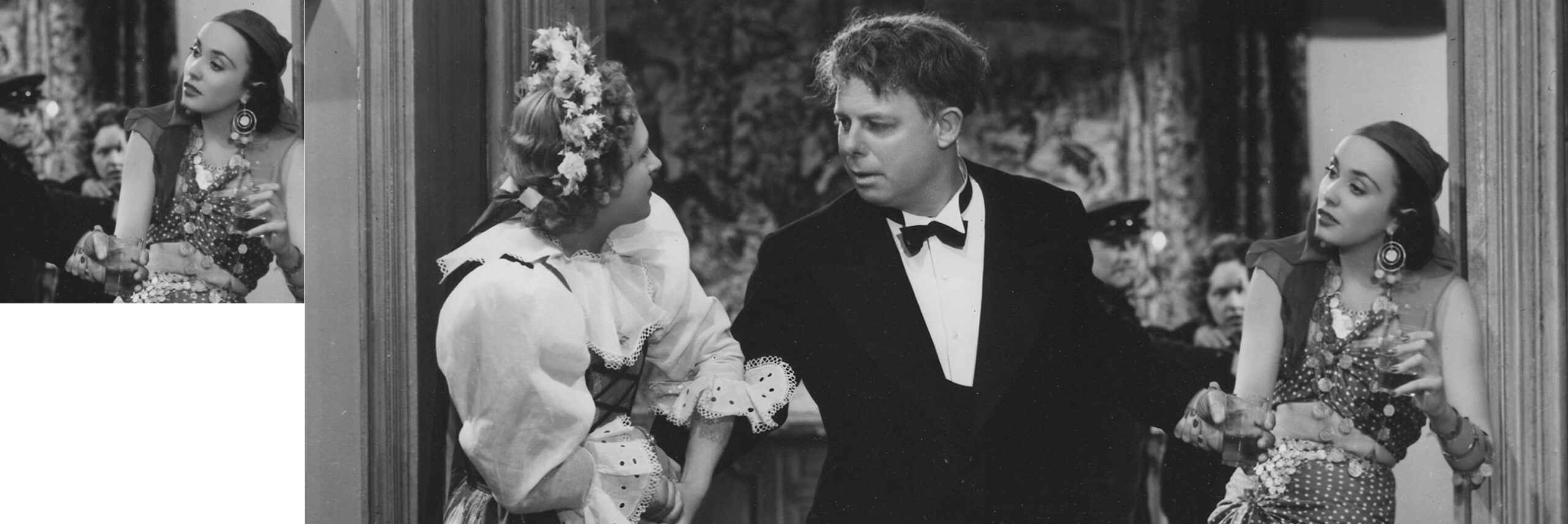
The Rules of the Game (La règle du jeu)
Cabaret Cinema
Friday, May 12, 2017
9:30 PM–11:30 PM
1939, Jean Renoir, France, 106 min.
French with English subtitles.
Introduced by Dr. Debashree Mukherjee, a scholar of South Asian culture and cinema
Considered one of the greatest films of all time, this French satire follows a group of Parisian haute société to a picturesque country estate for a weekend gathering and shooting party. As a web of romantic entanglements unravels, passions collide to reveal absurdity beneath a polished aristocratic veneer.
“One of the summits of art and a premonition of everything that was to happen in the world.”
—Henri Cartier-Bresson
“At once frivolous and poignant—a melancholy lament for a world gone awry, delivered in a tone so light you might think you had missed it”
—Leslie Camhi
About Cabaret Cinema
In tandem with the Rubin’s exhibit Henri Cartier-Bresson: India in Full Frame, Cabaret Cinema is featuring movies that exemplify the legendary photographer’s lesser-known influence on the world of moving images. He served as an assistant to director Jean Renoir in The Rules of the Game, which he called “one of the summits of art,” and appeared in the film himself. Acclaimed director Satyajit Ray, who began his foray into filmmaking after meeting Renoir, cites Henri Cartier-Bresson as a key influence in his work on The Apu Trilogy, now recognized as a masterpiece of Indian cinema.
About the Introducer
Debashree Mukherjee is an assistant professor in Columbia University’s department of Middle Eastern, South Asian, and African Studies. She studies modern South Asian visual cultures and industries, with a focus on late colonial Bombay cinema. Her research interests lie in cultural labor, mediated urbanisms, visual technologies, and emerging cinematic practices. Trained as a filmmaker, she has worked in Bombay’s film and television industries on projects such as Omkara (dir. Vishal Bhardwaj, 2006). Her current book project, Parallel Action: Cinema and the Practice of Modernity, presents a cultural history of early Bombay cinema (1920s-1940s) that privileges material practice and circuits of work. Debashree has published in”¯various academic journals and anthologies, and is a core editor with the peer-reviewed journal BioScope: South Asian Screen Studies.

